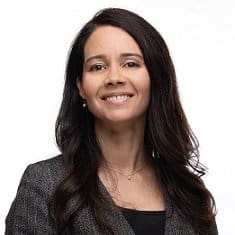JULY 2022 | DR. CHRISTINA KISHIMOTO

What an incredible story of leadership success we have for you in our July Voice4Equity Superintendent feature! Dr. Leslie Torres-Rodriguez, is boldly leading in Hartford, Connecticut, a diverse capital city school district that has transformed itself into a choice district. This design transformation was predicated on a powerful parent movement negotiated through the landmark CT Supreme Court Sheff v. O’Neill case, and the resilient will of parents, district and school leaders, teachers, students, civic leaders and corporate partners who came together for this thirty year journey. Where will the district go from here? While great progress has been made – with increased graduation rates, better student outcomes, diversification of school design options, modernization of technology and school facilities, there is much more work to do.
This is a story that shows that transformation is possible and the status quo that stagnates public education in this nation does not have to have staying power. Under the leadership of Dr. Torres, a former HPS student herself, the work has and will faithfully continue in the difficult journey toward equity for all students regardless of immigration or migration status, social-economic status, race or gender. It took a community of parents to stand up to force this change, and now a former student and migrant* from Puerto Rico continues this vision of excellence as the School Superintendent. Dr. Leslie Rodriguez-Torres has a powerful personal story – don’t miss it!
Read the transcript of the conversation with Dr. Kishimoto and Dr. Leslie Torres-Rodriguez here.
*The word migrant has become synonymous recently with temporary migrant farm workers from other countries, but the word migrant also refers to Puerto Ricans who moved from the island to the mainland U.S. to access better economic, housing, and education opportunities. Puerto Ricans are U.S. citizens whether they live in Puerto Rico or on the mainland U.S. The Puerto Rican diaspora can best be understood within the context and history of Puerto Rico’s colonization.

